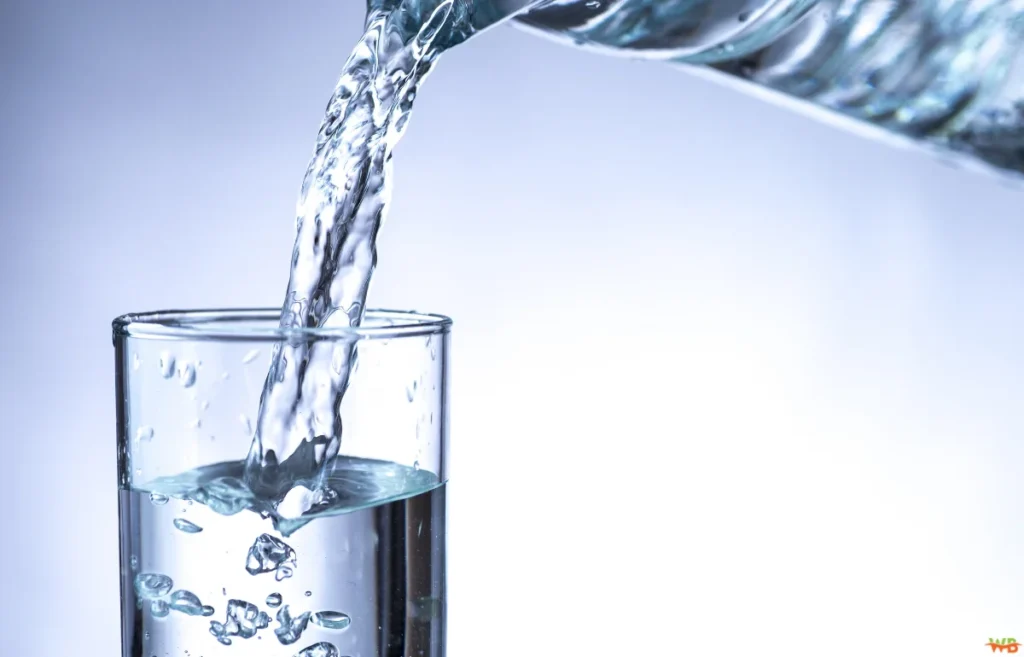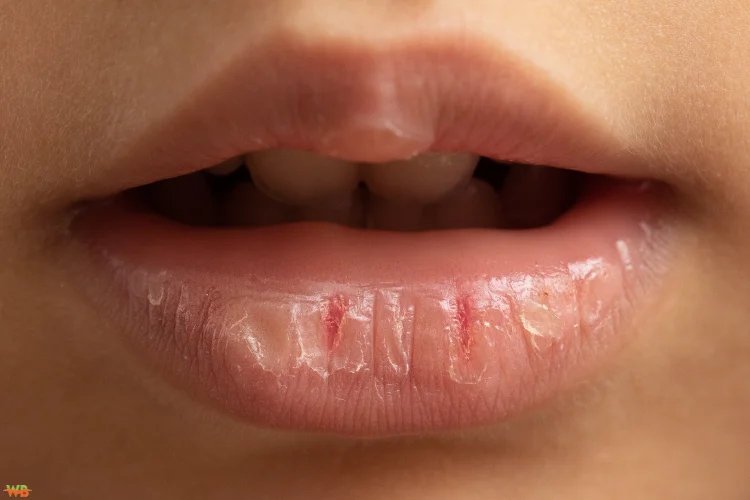
Water is a key component in keeping the body healthy and functioning properly. However, many people don’t realize just how quickly dehydration can set in and impact the body. Whether due to excessive heat, strenuous exercise, or simply not drinking enough fluids, dehydration can have immediate and long-term consequences. If you want to stay properly hydrated, making use of a convenient water filling station can be a great way to ensure you have access to clean drinking water. Here’s a look at what happens to your body when you’re dehydrated and why staying hydrated is crucial for optimal health.
Early Signs of Dehydration
Dehydration can start with mild symptoms that are often ignored or mistaken for other issues. When your body lacks sufficient water, it sends signals that shouldn’t be overlooked. Some of the earliest signs include dry mouth, increased thirst, darker urine, and decreased urine output. You might also experience fatigue, dizziness, and headaches. These are your body’s initial warnings that you need to drink more fluids.
Impact on Physical Performance
Even mild dehydration can take a toll on physical performance, whether you’re working out, playing sports, or simply engaging in daily activities. Water helps regulate body temperature, lubricate joints, and keep muscles functioning properly. When dehydrated, your body struggles to cool itself down through sweat, increasing the risk of overheating. This can lead to muscle cramps, reduced endurance, and a decline in overall strength. For athletes and individuals who exercise regularly, proper hydration is essential for maintaining peak performance.
Cognitive and Mood Changes

The brain is one of the first organs to be affected by dehydration. When you’re dehydrated, you might find it difficult to concentrate, remember things, or make decisions. Studies have shown that even slight dehydration can impair cognitive function and reduce reaction times. Additionally, dehydration is linked to mood changes such as irritability, anxiety, and feelings of fatigue. If you find yourself feeling mentally foggy or unusually cranky, drinking water might help restore clarity and improve your mood.
Digestive and Kidney Function
Water plays a key role in digestion and kidney function. Without enough fluids, your digestive system can slow down, leading to constipation and bloating. The kidneys, which filter waste from the blood and regulate fluid balance, also rely on adequate hydration to function properly. Chronic dehydration can increase the risk of kidney stones, as well as urinary tract infections (UTIs). Keeping up with water intake ensures that your body efficiently removes toxins and maintains overall digestive health.
Cardiovascular Effects
Your heart and circulatory system also depend on proper hydration. When you’re dehydrated, your blood volume decreases, making it harder for the heart to pump blood efficiently. This can lead to low blood pressure, dizziness, and an increased heart rate. In severe cases, dehydration can contribute to fainting or more serious cardiovascular issues. Drinking enough water supports healthy circulation and keeps your heart working effectively.
Skin and Temperature Regulation
Water helps maintain skin elasticity and overall hydration. When dehydrated, your skin may appear dry, dull, and less plump. In extreme cases, dehydration can contribute to premature aging by reducing skin moisture and elasticity. Additionally, hydration is critical for temperature regulation. When you don’t have enough water in your system, your body struggles to produce sweat, increasing the risk of overheating and heat-related illnesses such as heat exhaustion or heat stroke.
Severe Dehydration and Its Dangers

While mild dehydration can be corrected by drinking fluids, severe dehydration requires medical attention. Symptoms of severe dehydration include extreme thirst, confusion, rapid heartbeat, low blood pressure, and an inability to sweat. In extreme cases, dehydration can lead to organ failure, seizures, and even death. Infants, elderly individuals, and those with chronic illnesses are particularly vulnerable to severe dehydration and should be monitored closely for signs of fluid loss.
How to Prevent Dehydration
Preventing dehydration is easier than you might think. The simplest step is to drink water consistently throughout the day, even if you don’t feel thirsty. Carrying a reusable bottle and refilling it at a water filling station is a great way to ensure you always have access to clean, refreshing water. Eating water-rich foods such as fruits and vegetables can also contribute to your daily hydration needs.
If you exercise frequently or spend time outdoors in hot weather, increasing your fluid intake is crucial. Electrolyte-rich drinks can help replenish lost minerals, especially after intense physical activity. Additionally, avoiding excessive caffeine and alcohol consumption can help maintain better hydration levels, as these substances can contribute to fluid loss.
Conclusion: Prioritize Hydration for Better Health
Dehydration can have widespread effects on the body, from minor discomfort to serious health risks. Recognizing the early signs and making a conscious effort to stay hydrated can prevent many of these issues. By drinking water regularly and using resources like a water filling station, you can maintain optimal hydration and support your body’s overall function.
Whether you’re an athlete, a busy professional, or just someone who wants to feel your best, keeping up with hydration is one of the simplest yet most powerful things you can do for your health. Make water a priority, listen to your body’s signals, and ensure you’re getting enough fluids every day to keep dehydration at bay.

